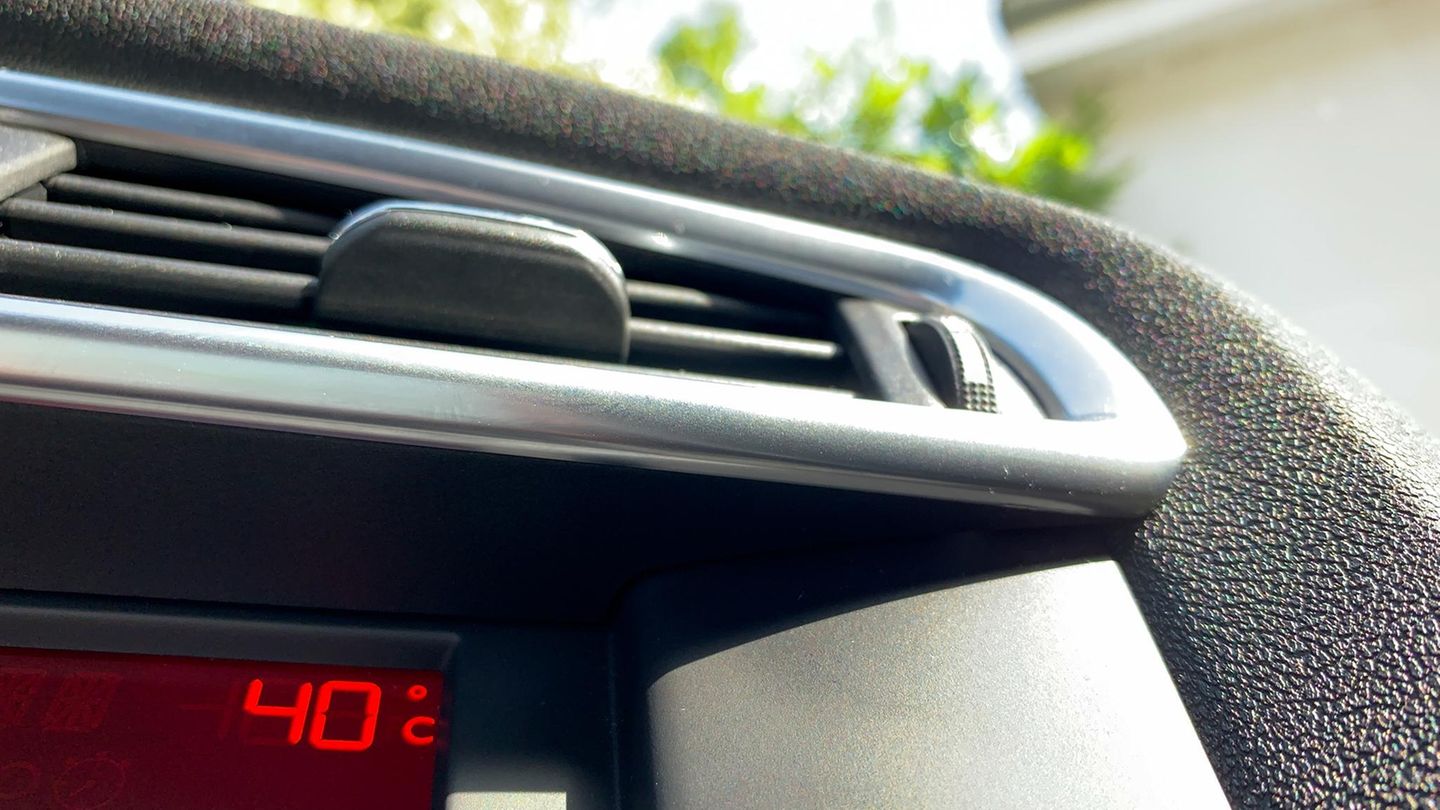Animal rights activists have been criticizing the living conditions of wild circus animals with many transports from city to city for years. Stricter guidelines are now not in place – that causes trouble.
A long-discussed ban on elephants, rhinos and other wild animals in traveling circuses has failed for the time being.
A regulation by Federal Agriculture Minister Julia Klöckner (CDU) did not get the necessary majority in the Federal Council. The plans stipulated that giraffes, hippos, primates and big bears could no longer be purchased. In addition, requirements for the keeping of all circus animals should be laid down for the first time, e.g. for professional care and accommodation. Klöckner criticized that the Federal Council had missed a great opportunity. Animal rights activists welcomed the end and called for more comprehensive bans.
The minister emphasized: “Wild animals have no business in the ring.” The blockade by the Federal Council is therefore “an offense against animal welfare”. The regulation would have been a milestone for that. “This step was called for for years, also by the Federal Council – now it has been abandoned out of pure party politics.” You do not achieve more animal welfare if you write it in motions or speeches, but if you act and agree.
Approaches from committees of the chamber of states to include the display of big cats such as lions and tigers as well as seals and reptiles in the ban also failed to find a majority. Several state ministers of the Greens had campaigned for this. The federal government pointed out that there was insufficient legal certainty for this.
The German Animal Welfare Association declared that the federal states’ rejection of the “completely botched draft regulation” was correct. Tigers and lions also suffered from the constant transport conditions, inadequate enclosures and the training in the circus. It is therefore necessary to ban all wild animal species – including zebras, kangaroos and ostriches. In addition, animals currently living in the circuses would now have been allowed to stay there and be displayed in the future.
The organization Vier Pfoten said that even if it will take longer now, the rejection from an animal welfare point of view is completely correct. Klöckner’s plans were “a toothless tiger”, it was a good thing that the keeping of wild animals in circuses had not been legitimized as a result. The prohibited list also included dolphins, birds of prey, flamingos, penguins and many other species.
David William is a talented author who has made a name for himself in the world of writing. He is a professional author who writes on a wide range of topics, from general interest to opinion news. David is currently working as a writer at 24 hours worlds where he brings his unique perspective and in-depth research to his articles, making them both informative and engaging.




